
Internet and mobile services were cut off in Bangladesh on Friday, following days of violent protests over the allocation of government jobs, with local media reports saying at least 28 people had been killed this week.
The protests, which began weeks ago and escalated sharply on Monday, are the biggest since Prime Minister Sheikh Hasina was re-elected for a fourth consecutive term in a January election that was boycotted by the main opposition parties.
The internet clampdown came after violence escalated on Thursday, as students attempted to impose a “complete shutdown” on the coutnry.
Reports of deaths rose, and protesters attacked the head office of state-run Bangladesh Television, breaking through a main gate and setting vehicles and the reception area on fire, a news producer and a reporter told The Associated Press by phone. They spoke on condition of anonymity for fear of reprisals.
“I escaped by leaping over the wall but some of my colleagues got stuck inside. The attackers entered the building and set furniture on fire,” the producer said by phone.
He said the station continued broadcasting, though some Dhaka residents said they were receiving no signal from the broadcaster.
At least 22 people were killed on Thursday, a local TV station reported, following six deaths earlier this week. Authorities could not be reached to immediately confirm figures for the deaths.
On Friday morning, internet services and mobile data appeared to be down in the capital, Dhaka, and social media platforms like Facebook and WhatsApp were not loading.
Student protesters said they will extend their calls to impose a shutdown on Friday as well, and urged mosques across the country to hold funeral prayers for those who have been killed.
The protesters are demanding an end to a quota system that reserves up to 30% of government jobs for relatives of veterans who fought in Bangladesh’s war of independence in 1971.
They argue the system is discriminatory and benefits supporters of Prime Minister Sheikh Hasina, whose Awami League party led the independence movement, and they want it replaced with a merit-based system.
Hasina’s party has accused opposition parties of stoking the violence, raiding the headquarters of the the main opposition Bangladesh Nationalist Party and arresting activists from the paryt’s student wing. The BNP is expected to hold demonstrations across the country in support of the student activists protesting against the quota system.
Hasina’s government had earlier halted the job quotas following mass student protests in 2018, but last month, Bangladesh’s High Court nullified that decision and reinstated the quotas after relatives of the 1971 veterans filed petitions, triggering the latest demonstrations.
The Supreme Court has suspended that ruling pending an appeal hearing, and said in a statement it will take up the issue on Sunday.
-AP





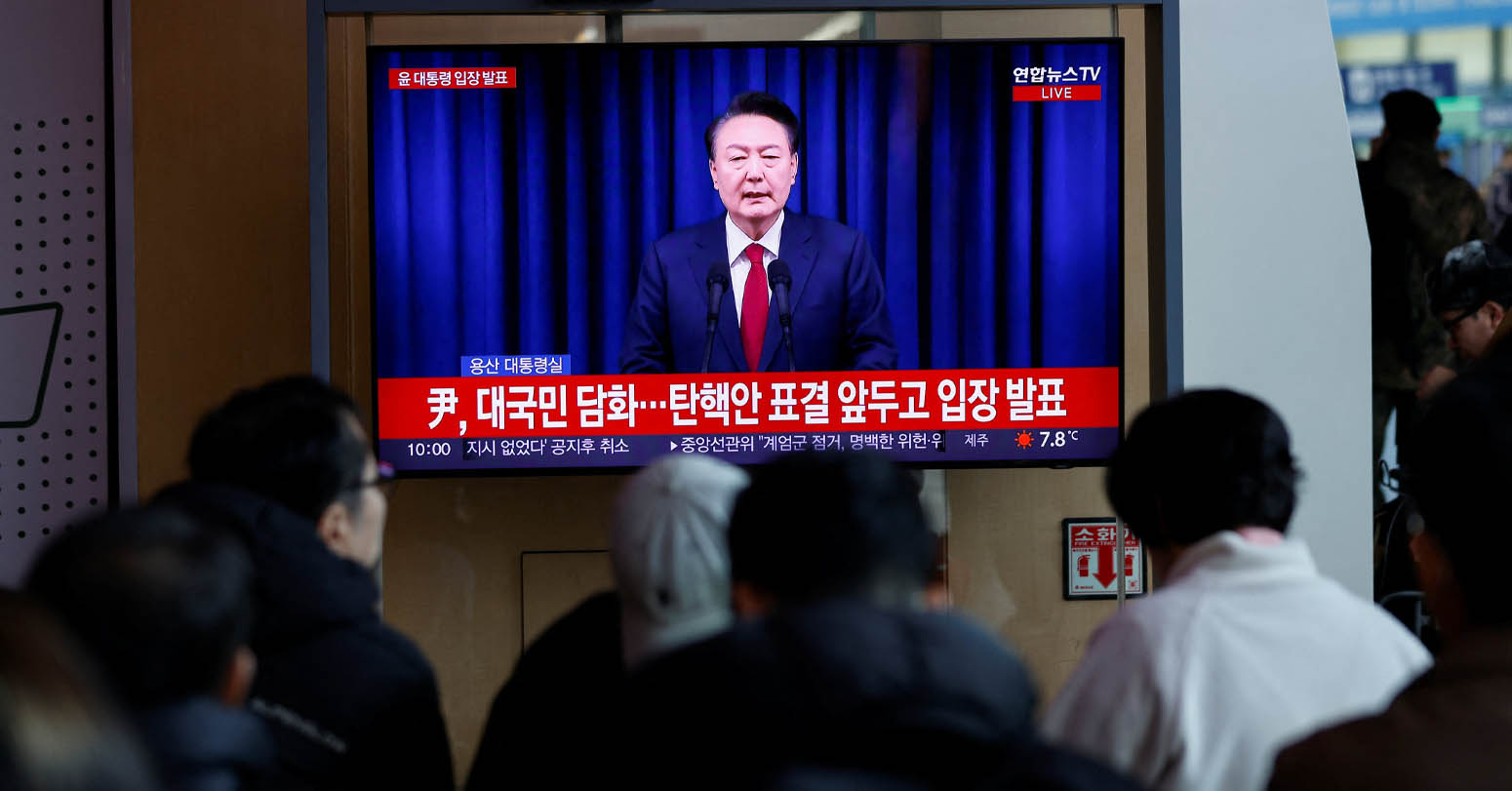
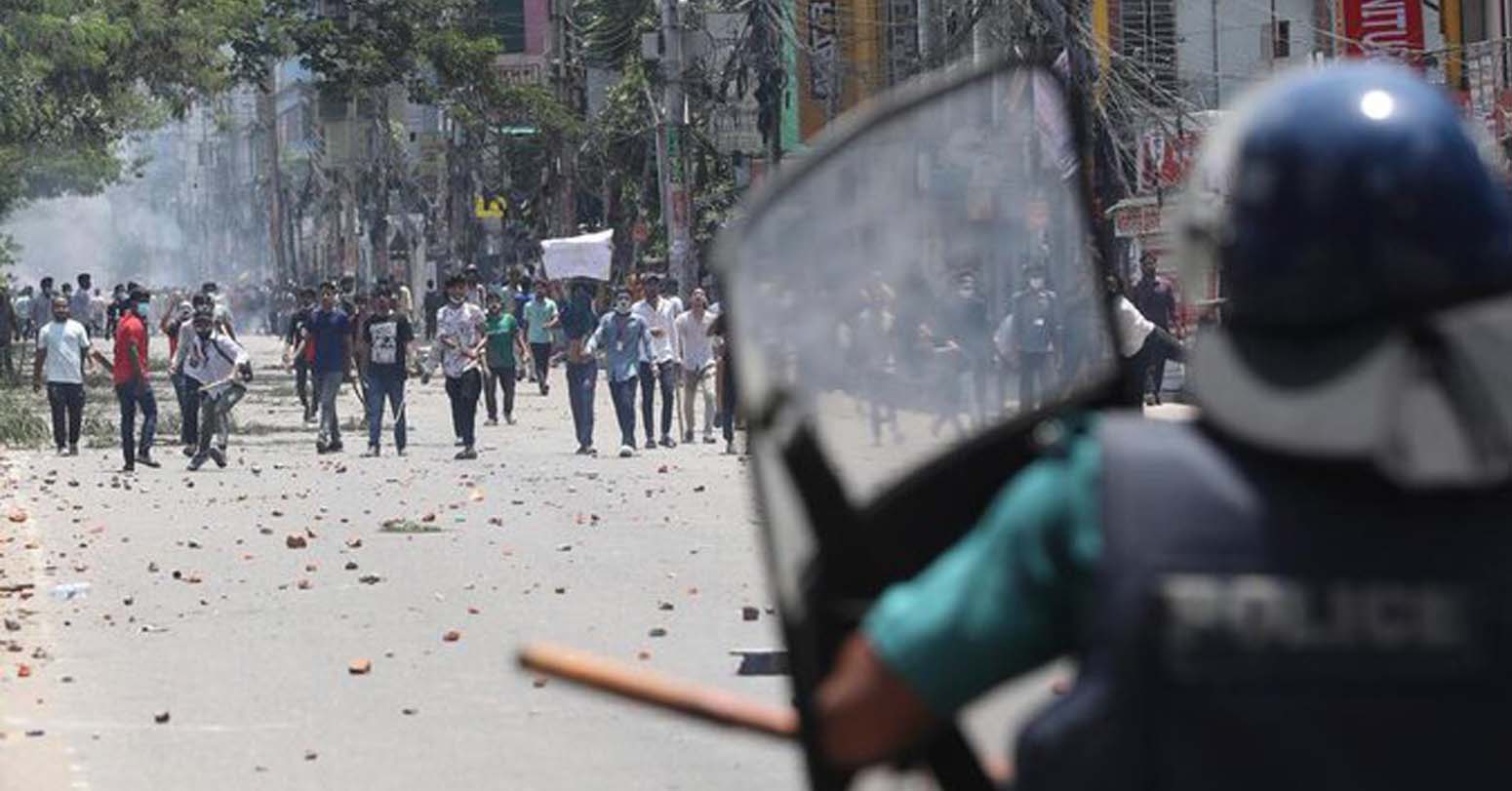

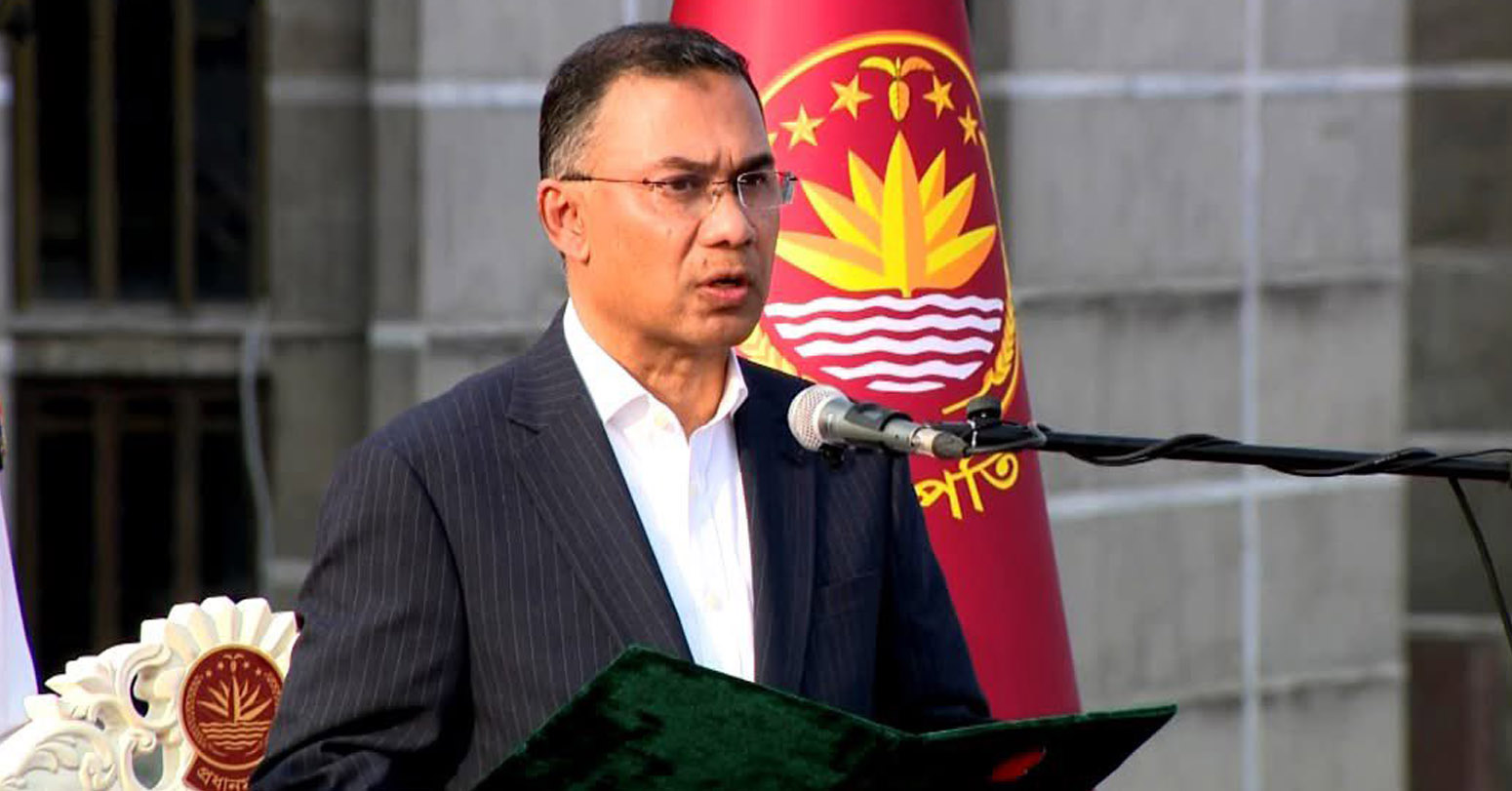
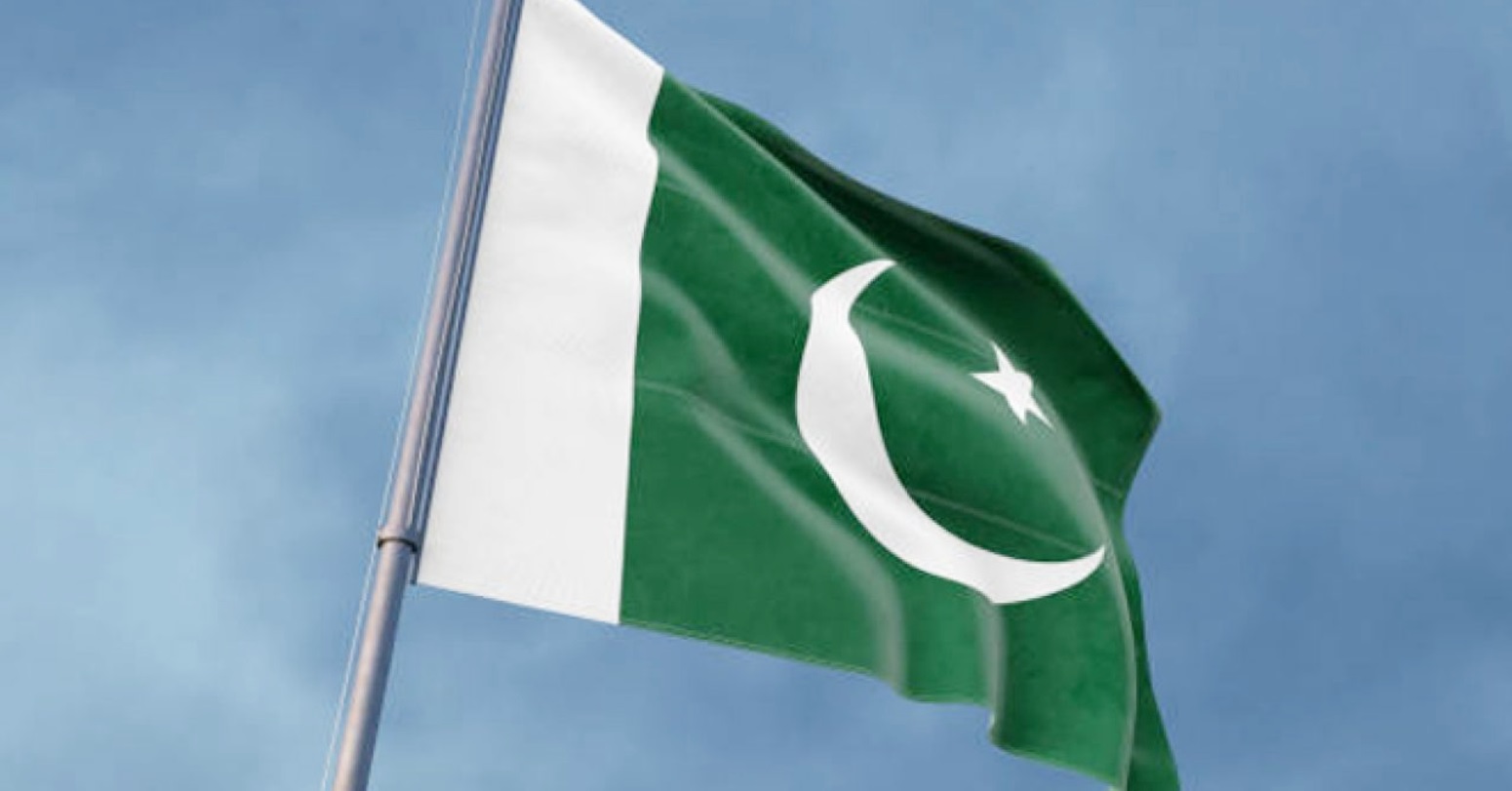

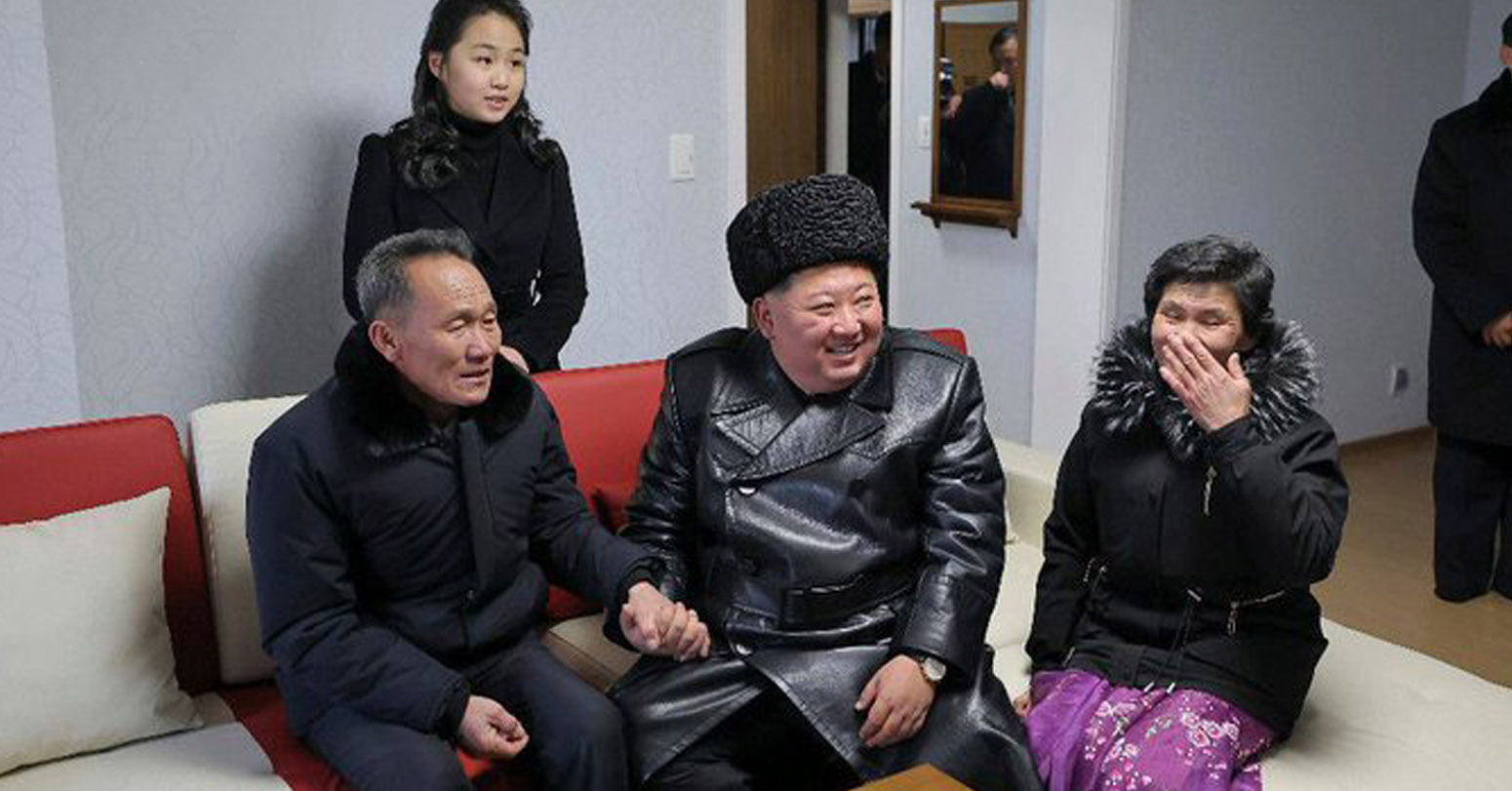


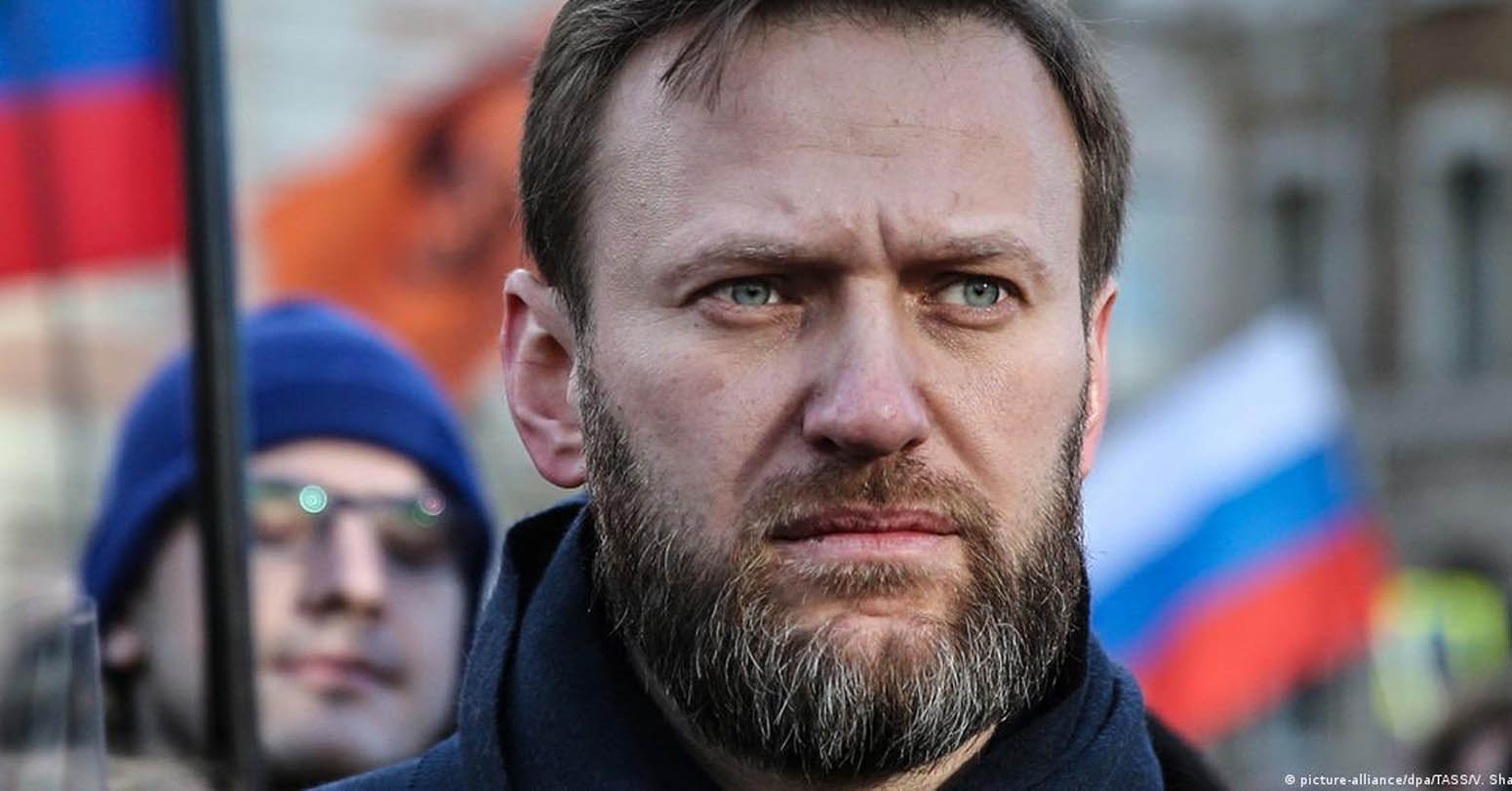
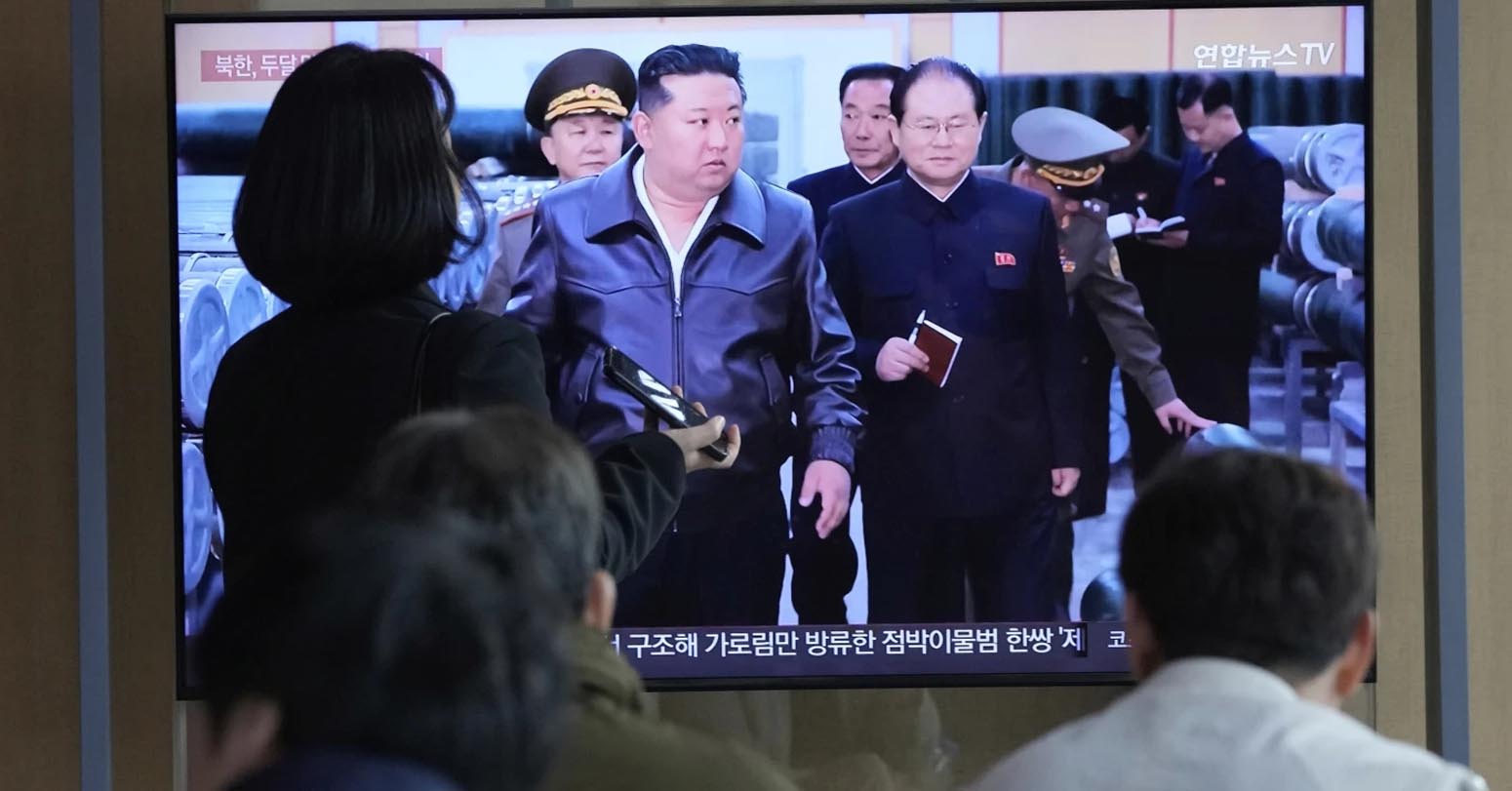
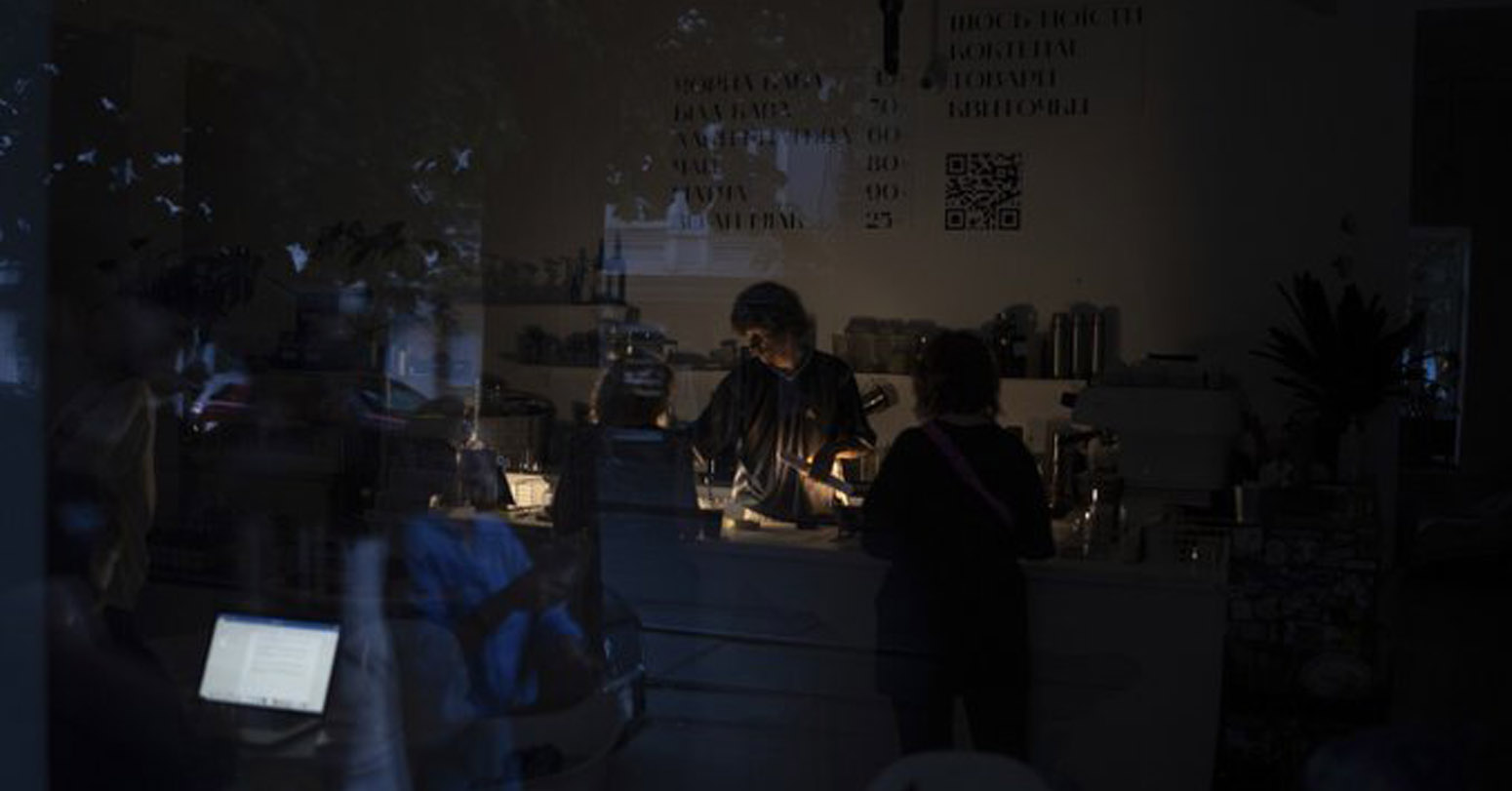
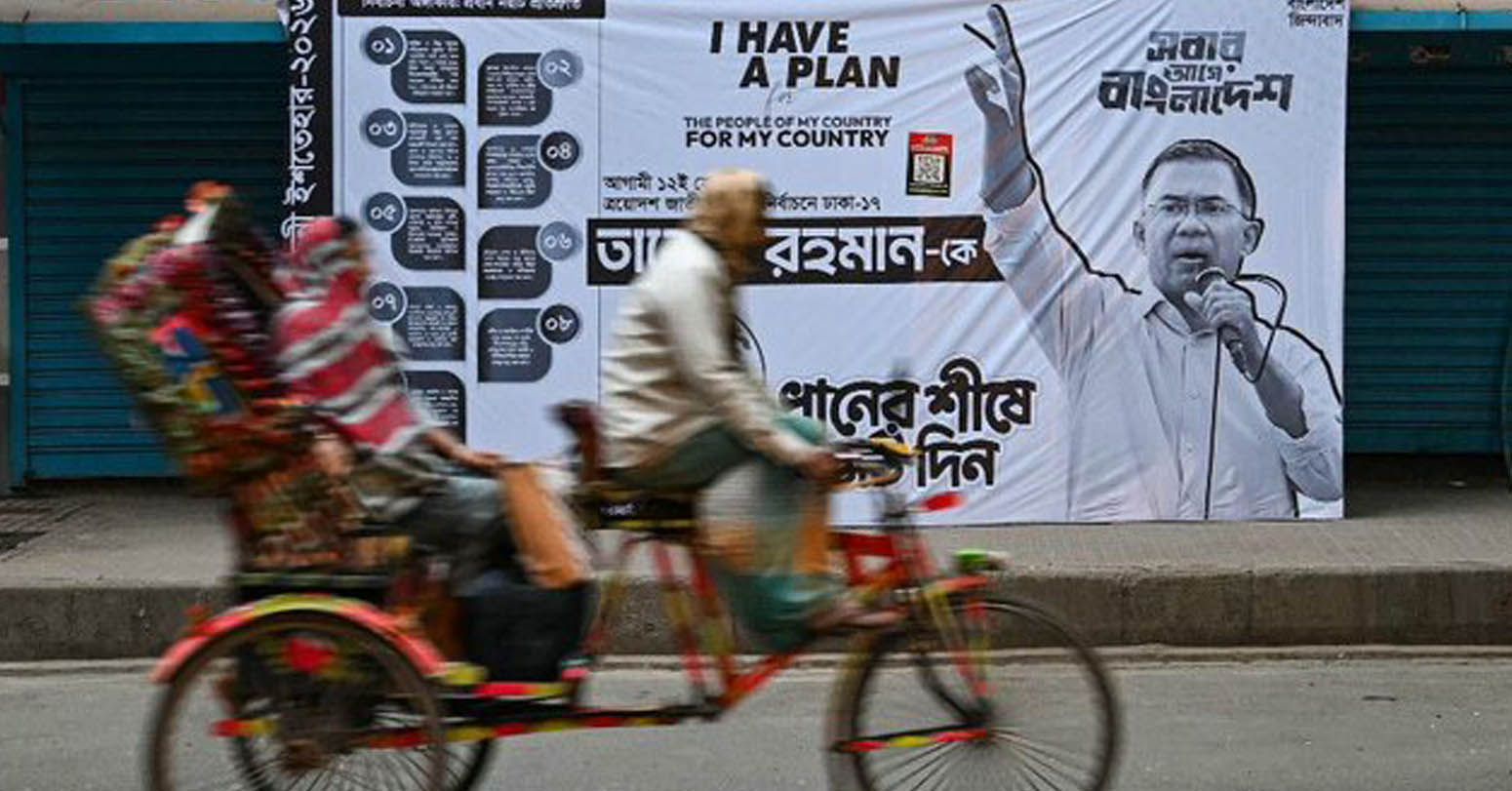
Middle-aged man spends millions to
Dr. Dharam Raj Upadhyay: Man
Children, Greatest Victims Of Sudan’s
Breathing The Unbreathable Air
Comprehensive Data Protection Law Critically
Gender Differences In Mental Healthcare